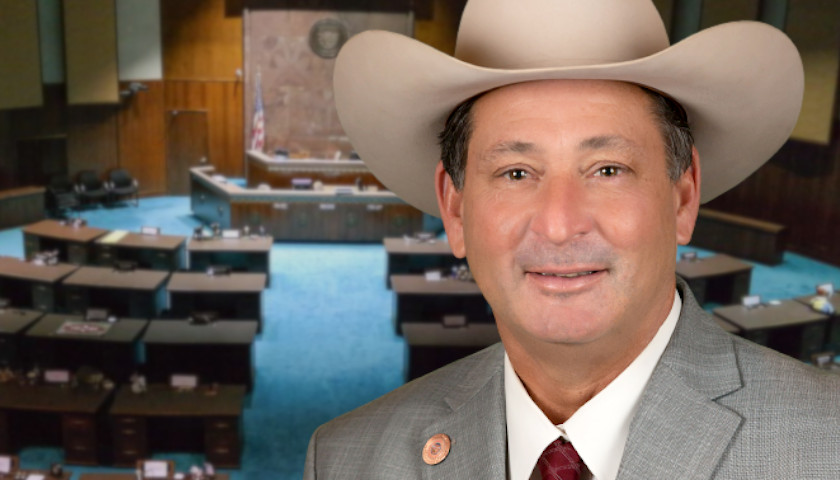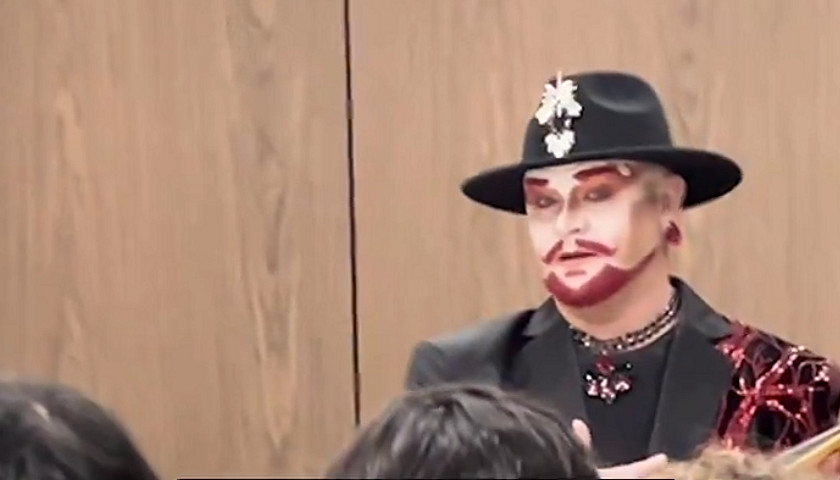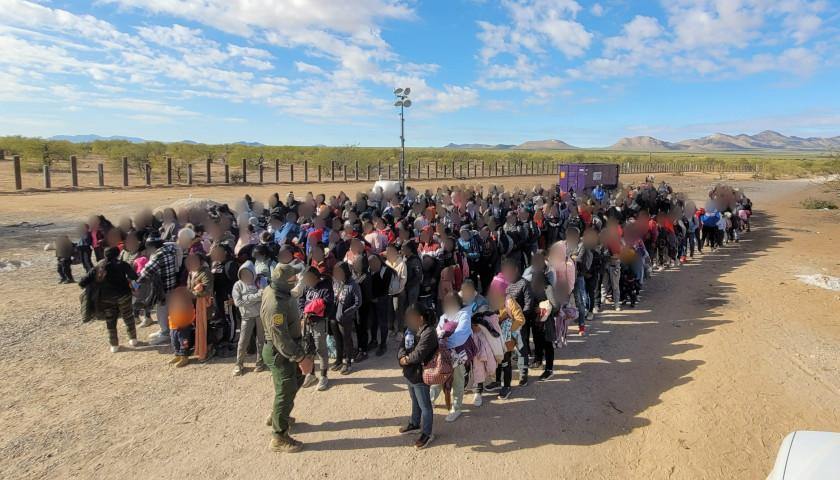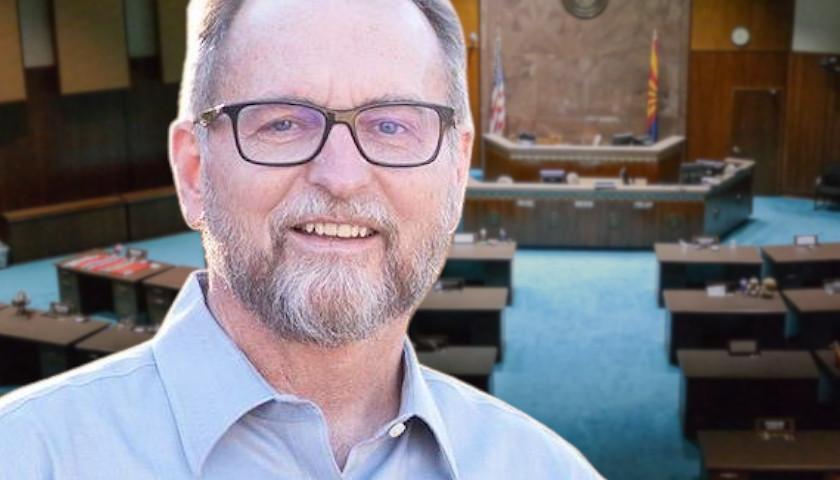Arizona State Representative David Cook (R-Globe) led the House Ad Hoc Committee on Forest and Wildlife Management, and following the committee’s conclusion, Cook shared the successful results and efforts made by the committee in a massive final report Tuesday.
“I want to thank all the members that served on this committee – the final report shows their hard work and commitment to addressing this issue,” said Cook. “As a result of the five hearings we held around the state, we are better informed of the critical issues that can be addressed before Arizona families and communities are impacted by new catastrophic wildfires and post-fire flooding. In Arizona, we unfortunately know all too well that it’s a matter of ‘when,’ not ‘if’.”
State Representative @RepDavidCook, Chairman of the House Ad Hoc Committee on Forest and Wildfire Management, today released a final report on the committee’s activities.
⬇️CLICK TO READ THE REPORT & MORE⬇️ https://t.co/CDw20IXsyd#AZLeg pic.twitter.com/6B1HLq6z2X
— Arizona House Republicans (@AZHouseGOP) January 10, 2023
The committee was assembled in September 2021 to research wildfires and their aftermath in Arizona and recommend appropriate state law changes to reduce the devastation these natural disasters can cause. Cook was joined by a bipartisan group of lawmakers, including State Representatives Gail Griffin (R-Hereford), Tim Dunn (R-Yuma), Andrés Cano (D-Tucson), and Stephanie Stahl Hamilton (D-Flagstaff).
During the 2022 Legislative Session, four bills pertaining to wildfires were passed and signed into law. For example, House bill (HB) 2182, sponsored by Cook, created the Livestock Operator Fire and flood Assistance Grant Program within the Arizona Department of Agriculture. The program is meant to assist smaller ranchers or those who do not receive protection money from the federal government to perform infrastructure operations after being affected by a wildfire or flooding. Additionally, the Fiscal Year 2023 state budget passed by the legislature appropriated millions for wildfire response and mitigation, including putting $10,000,000 into the livestock operator program.
Cook told The Arizona Sun Times via the phone that every bill listed in the final report was a direct result of the committee. Additionally, he stated that only one bill he pushed for, HB 2183, would have provided better insurance coverage to people in areas affected by wildfires by granting six months of protection from damages caused by landslides or floods in the area.
“Basically, what that [HB 2183] means is if a person’s house burnt down, the insurance company would be on the hook. But if the person’s house didn’t burn down, but then there was a mudslide or flooding that took the house out after the termination of the fire, insurance companies told the people that owned the home, ‘well, we’re sorry you don’t have food insurance.” Cook told The Sun Times. “Well, they never needed flood insurance. They don’t live in a floodplain.”
As seen with the Pipeline Fire in Coconino County in 2022, a wildfire creates ripe conditions for flooding and mudslides. However, Cook said his bill did not pass because insurance lobbyists spoke against it. Yet, he also said his fight is not over yet and plans to reintroduce it in the coming session. Additionally, Cook mentioned that Tom Torres is the next Arizona Department of Forestry and Fire Management Director. Cook said he has previous experience with Torres and looks forward to working with him.
The laws that did pass stemmed from the five meetings the committee held across the state between 2021 and 2022. Across the meetings, the group heard from locals, state and federal officials, and tribal members to get input on the situation. An archive of all five meetings and the information discussed is available in Cook’s final report.
– – –
Neil Jones is a reporter for The Arizona Sun Times and The Star News Network. Follow Neil on Twitter. Email tips to [email protected].
Background Photo “Arizona State House Chamber” by Visitor7. CC BY-SA 3.0.





